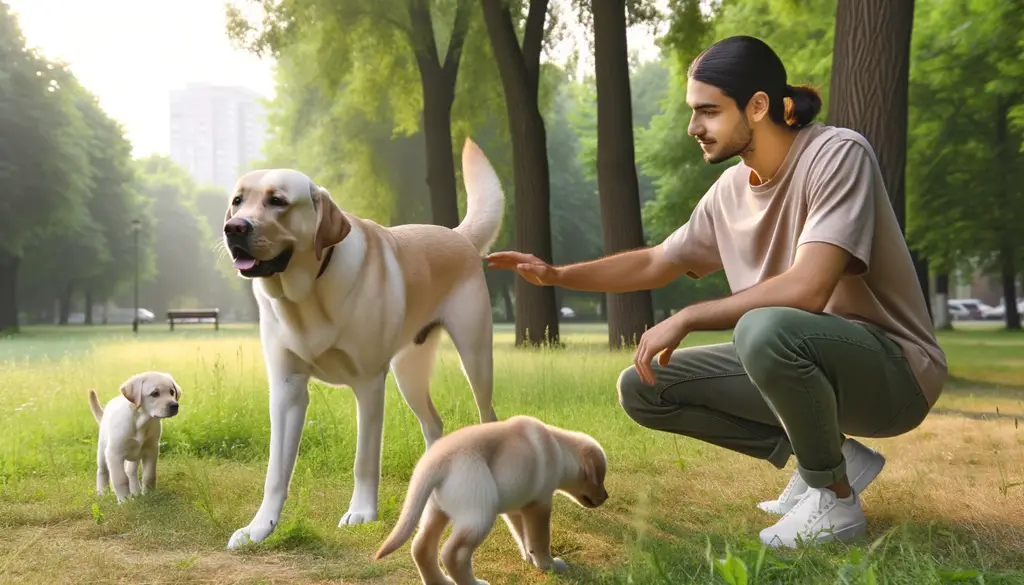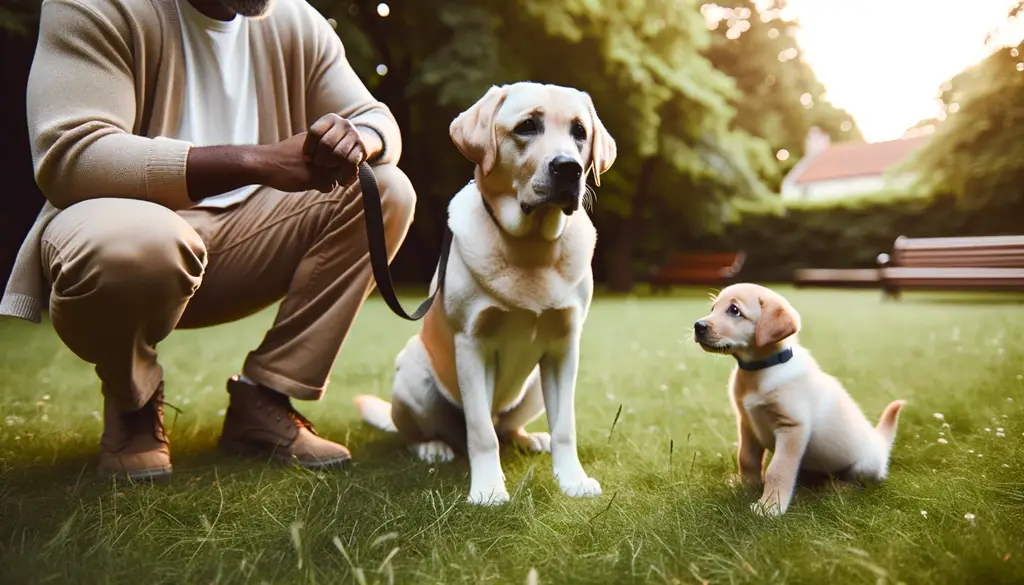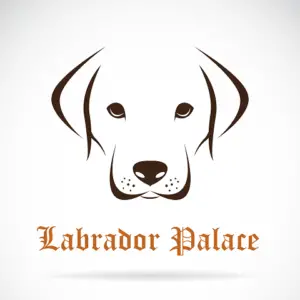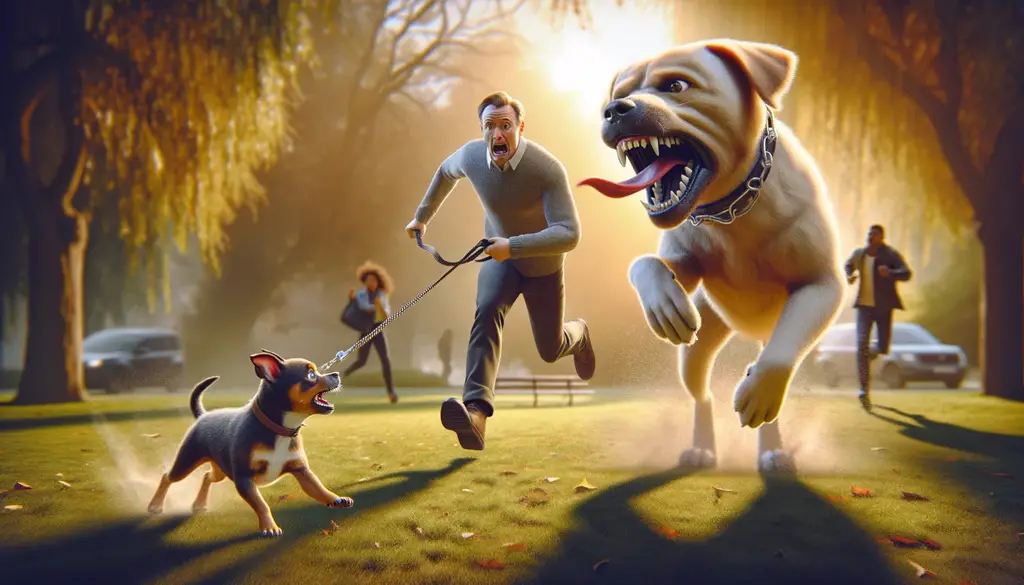They say every dog has its day, but my lovable Labrador seems to have more than his fair share of off days. As his owner, it’s become a constant struggle when he turns aggressive towards other dogs. I’ve spent countless hours trying to understand his behavior, identifying the triggers, and seeking effective solutions. Join me as I share my journey, offering insights and strategies to help manage your Labrador’s aggression.
Understanding Labrador’s Aggressive Behavior
In understanding my Labrador’s aggressive behavior, it’s crucial to realize that this isn’t typical for the breed. Labradors are generally known for their friendly and outgoing temperament, often used as therapy and assistance dogs. However, if my Labrador exhibits aggression, it’s important not to dismiss these signs but rather seek to understand its origins.
Aggression in Labradors can stem from various factors. It might be fear-based, a result of poor socialization, or a defensive reaction due to pain or discomfort. The breed implications are significant here, as Labradors are powerful dogs capable of causing harm if their aggression isn’t managed properly. Recognizing aggressive signs early on is pivotal in preventing harmful incidents.
Aggressive signs in Labradors can range from growling, snarling, and barking to more physical actions like lunging or biting. Sometimes, subtler signs like stiff body posture or a fixed gaze can also indicate aggression. It’s crucial to note these signs and react accordingly to ensure everyone’s safety.
Finally, behavior modification is a key part of managing Labrador aggression. This involves consistent training, socialization, and sometimes professional help. It’s important to reinforce positive behaviors while avoiding situations that trigger aggression. If the aggression persists, consulting with a professional behaviorist or a vet is advised. They can help discern if the aggression is a result of a health issue or requires more intensive behavioral intervention.

Common Triggers for Dog Aggression
Understanding the common triggers for my Labrador’s aggression is the next crucial step in resolving this issue. An awareness of what sparks my dog’s aggressive behavior offers a roadmap to manage and eventually eradicate it.
Fear-based aggression is one common trigger. Just like humans, dogs can also respond aggressively when they feel threatened or cornered. It isn’t unusual for my Labrador to lash out if he perceives a threat, real or imagined. This reaction is primarily a survival instinct, a way to protect himself.
Territorial instincts can also trigger aggressive behavior. Dogs are naturally protective of their space and their pack. If my Labrador perceives another dog as an invader, it can cause him to react aggressively. This behavior is not necessarily about dominance but more about preserving safety and order.
Resource guarding is another trigger. My Labrador, like most dogs, can become aggressive if he believes someone is trying to take away his food, toys, or a favorite spot. It’s a natural instinct to secure what he considers his.
Dominance behavior, though less common in Labradors, can provoke aggression. If my dog feels his position in the hierarchy is threatened, he may react aggressively to reassert his status.
Lastly, pain-induced aggression is a significant yet often overlooked trigger. If my Labrador is unwell or in pain, he may lash out due to discomfort and frustration. It’s vital to rule out health issues when dealing with aggressive behavior.
Each of these triggers requires a different approach for resolution. But understanding them is the first step towards restoring peace and harmony.
Effective Solutions to Manage Aggression
Let’s now turn to some effective strategies that can help me manage my Labrador’s aggression towards other dogs. As an experienced dog owner, I’ve found behavior modification techniques to be particularly effective. These involve identifying and gradually changing unwanted behavior in a controlled environment. For instance, if my Labrador exhibits aggression when another dog approaches his food bowl, I can begin by allowing another dog to approach while my Labrador is eating, but from a distance that does not trigger aggression.
Aggression management tools, such as muzzles and head collars, can also be useful. These tools are meant to control and manage aggression, not punish it. It’s important to introduce these tools gradually and in a positive way to ensure my dog does not associate them with fear or punishment.
Socialization exercises are key to reducing aggression. The more my Labrador interacts with other dogs in a controlled, positive environment, the more comfortable he’ll become. I’ll start with brief, supervised encounters and gradually increase the duration and intensity of these interactions.
Calming aids usage, such as pheromone diffusers or anxiety wraps, can help reduce anxiety and fear in stressful situations. These aids can be especially beneficial during socialization exercises. The goal is not to sedate my dog but to promote a sense of calm and well-being.
Lastly, fear reduction strategies, such as desensitization and counter-conditioning, can help my Labrador overcome his fear of other dogs. Desensitization involves gradually exposing him to the fear-inducing stimulus at a low intensity, while counter-conditioning involves pairing the fear-inducing stimulus with a positive experience. These strategies require patience and consistency but can significantly reduce aggression in the long run.

Frequently Asked Questions
What Are Some Early Signs That My Labrador Might Become Aggressive Towards Other Dogs?
Early signs your Lab might show aggression include overly dominant behavior, fear responses to other dogs, and limited socialization. Their intact status and breed characteristics could influence this. Proper training techniques can help correct these issues.
Could My Labrador’s Diet Be Contributing to Their Aggressive Behavior?
Yes, your lab’s diet could indeed be influencing their behavior. Food allergies, nutritional deficiencies, high protein diets, or artificial additives may cause irritability. Diet changes may help alleviate such aggressive tendencies.
How Can I Help My Labrador Feel More Comfortable Around Other Dogs?
I’d recommend consistent behavioral training, professional assistance, and socialization techniques. Anxiety management and environmental adjustments can also make a huge difference. It’s all about making your dog feel at ease around others.
Could My Labrador’s Aggression Be Related to a Medical Condition?
Yes, it’s possible. Underlying illnesses, hormonal imbalances, or neurological disorders can cause aggression. Pain-induced aggression is also common. I’d recommend veterinary examinations to rule out any medical conditions affecting your labrador’s behavior.
What Precautions Should I Take When Introducing My Aggressive Labrador to a New Dog?
When introducing my lab to a new dog, I’m mindful of aggression triggers, avoiding dog parks initially. I focus on Labrador training and reading canine body language for safe introductions.
Conclusion
In managing my Lab‘s aggression, I’ve found that understanding is key. Surprisingly, research reveals that over 40% of dog owners misinterpret their dog’s aggressive behavior. It’s crucial to recognize the triggers and develop strategic solutions. Together, we can ensure our furry friends are not just physically healthy, but emotionally balanced too. Remember, it’s not just about controlling the aggression, but understanding and addressing its root cause.


